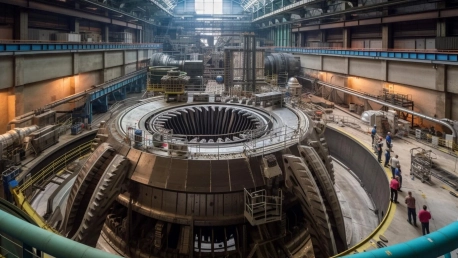As the Coalition nears the finalization of its energy policy, a sharp divide has emerged among the voters in Gippsland, Victoria. The region, historically reliant on the coal industry, is now facing the prospect of housing large-scale nuclear reactors in the Latrobe Valley — an area with deep coal mining roots. The reactionary concern among the populace stems from nightmarish memories of nuclear disasters like Chernobyl and Fukushima. For a community long weaned on coal, the transition to nuclear energy is not just a policy shift but a leap into the unknown, fraught with ambiguity and fear.Residents voice clear anxiety over the proximity of potential nuclear facilities. A credibility gap seems to exist as they weigh the promises of clean, consistent energy against the cataclysmic potential that nuclear power can entail. In the backdrop of decarbonization efforts, the Coalition views the shift as a logical step — repurposing the infrastructurally mature coal-fired power stations’ locations for nuclear reactors—and introducing cutting-edge small modular reactor technology into the energy mix.









